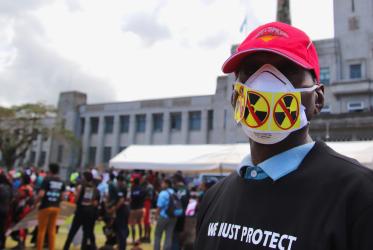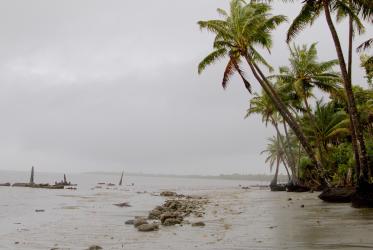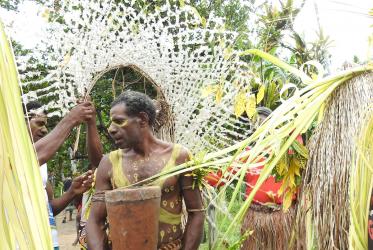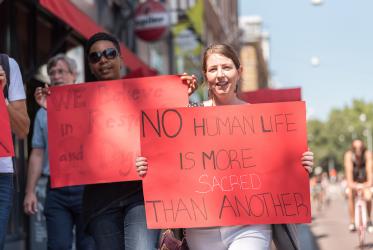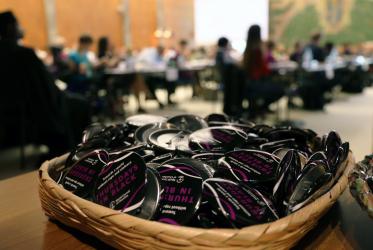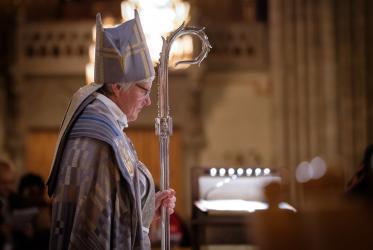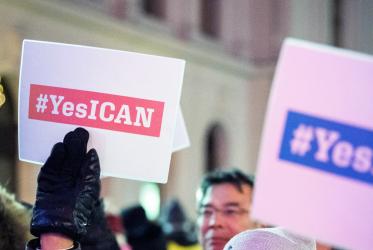Displaying 1 - 20 of 58
Pacific churches call for Japan to halt wastewater dump
29 August 2023
Pacific Theological College publishes “A COVID-19 Wellbeing Statement”
03 September 2021
Churches should use their voice on climate change
26 February 2020
The cry of the Papuans in Indonesia
14 November 2019
WCC well-represented in Religions for Peace leadership
07 October 2019
In Fiji, young people ‘walk the talk’ with advocacy
12 September 2019
WCC executive committee tackles public issues
07 November 2018
WCC supports UN petition from French Polynesia
07 November 2018
Gender justice an important facet of ACT Assembly
29 October 2018
Archbishop Antje Jackelén opens ACT Assembly in Uppsala
29 October 2018
#WCC70: Nathan Söderblom, ecumenical pioneer
29 August 2018
Broken glass of hope grown out of rubble
16 July 2018


